-
 bitcoin
bitcoin $87959.907984 USD
1.34% -
 ethereum
ethereum $2920.497338 USD
3.04% -
 tether
tether $0.999775 USD
0.00% -
 xrp
xrp $2.237324 USD
8.12% -
 bnb
bnb $860.243768 USD
0.90% -
 solana
solana $138.089498 USD
5.43% -
 usd-coin
usd-coin $0.999807 USD
0.01% -
 tron
tron $0.272801 USD
-1.53% -
 dogecoin
dogecoin $0.150904 USD
2.96% -
 cardano
cardano $0.421635 USD
1.97% -
 hyperliquid
hyperliquid $32.152445 USD
2.23% -
 bitcoin-cash
bitcoin-cash $533.301069 USD
-1.94% -
 chainlink
chainlink $12.953417 USD
2.68% -
 unus-sed-leo
unus-sed-leo $9.535951 USD
0.73% -
 zcash
zcash $521.483386 USD
-2.87%
Is it necessary to leave the market if the Yin line reverses the previous day's Yang line?
A Yin line reversing a Yang line signals strong selling pressure, suggesting bulls may be losing control and bears taking over.
Jul 01, 2025 at 01:01 am
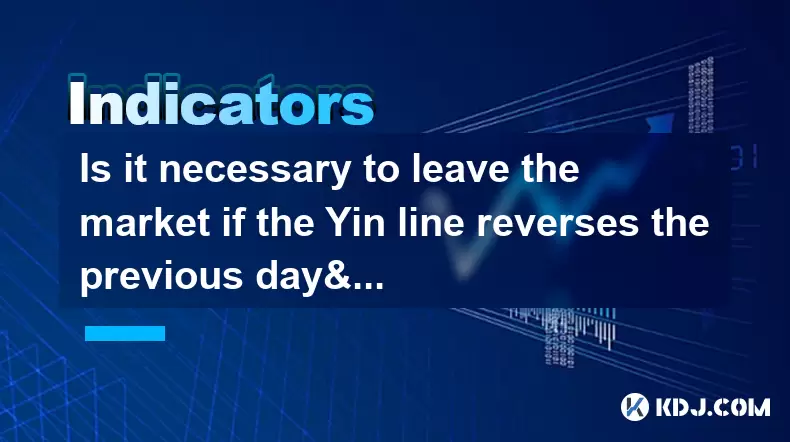
Understanding Candlestick Patterns in Cryptocurrency Trading
In cryptocurrency trading, candlestick patterns are crucial tools for analyzing price movements and predicting future trends. A Yin line, commonly referred to as a bearish candle, indicates that sellers dominated the market during a specific time frame. Conversely, a Yang line represents a bullish candle where buyers were in control. When a Yin line completely reverses the gains of the previous day's Yang line, it often raises concerns among traders about whether they should exit their positions.
Candlestick reversal patterns like this can signal potential shifts in market sentiment.
What Does It Mean When a Yin Line Reverses a Yang Line?
A Yin line fully erasing the progress made by the prior day’s Yang line suggests strong selling pressure. This scenario is particularly significant when it occurs after an uptrend or at a resistance level. In such cases, the market may be indicating that the bulls have lost control and bears are taking over.
- The reversal could imply profit-taking by large holders (whales) or institutional investors.
- It might also reflect increased selling volume from retail traders who anticipate a pullback.
- If the Yin line closes below key support levels, it can trigger stop-loss orders and further accelerate the downtrend.
This kind of price action often leads to uncertainty and prompts traders to reassess their positions.
Technical Indicators That Can Help Evaluate the Situation
To determine whether leaving the market is necessary, traders should not rely solely on candlestick patterns. Combining them with technical indicators enhances decision-making accuracy.
- Moving Averages (MA): If the price falls below critical moving averages (like the 50-day or 200-day MA), it could confirm a trend reversal.
- Relative Strength Index (RSI): An RSI dropping below 50 might indicate weakening momentum, while a reading below 30 signals oversold conditions.
- Volume: A surge in volume accompanying the Yin line strengthens the likelihood of a genuine reversal rather than a temporary pullback.
These tools help traders distinguish between noise and actual trend changes.
Psychological Factors Influencing Market Behavior
Market psychology plays a pivotal role in how traders react to such candlestick patterns. After witnessing a strong bullish candle followed by a bearish one that wipes out all gains, many traders experience emotional responses like fear and doubt.
- Fear of loss can push traders to sell prematurely without assessing the broader context.
- Hope that the uptrend will resume may lead others to hold onto losing positions too long.
- Herding behavior becomes evident as more traders follow the crowd, either exiting or holding based on others' actions.
Recognizing these psychological traps allows traders to make more rational decisions instead of acting impulsively.
Steps to Take When Facing Such a Reversal Pattern
Instead of panicking and immediately exiting the market, traders should adopt a structured approach to evaluate the situation thoroughly.
- Review the broader trend: Determine whether the reversal occurs within a larger uptrend, downtrend, or sideways consolidation phase.
- Check for confluence with key levels: See if the reversal coincides with major support/resistance zones or Fibonacci retracement levels.
- Analyze volume and order flow: High volume during the Yin line confirms stronger conviction among sellers.
- Evaluate your risk management strategy: Assess whether you're still within your acceptable drawdown range before making any move.
- Consider partial exits: Instead of selling everything, some traders opt to take profits on a portion of their position while keeping the rest open.
Each of these steps contributes to a well-informed trading decision.
Frequently Asked Questions
Q1: What is the difference between a simple pullback and a true trend reversal?A pullback typically involves a temporary decline within an ongoing uptrend, often accompanied by lower volume and shallow retracements. A true reversal features sustained downward movement, higher volume, and breaks key support levels.
Q2: Should I always close my position when a Yin line reverses a Yang line?No. The reversal alone isn’t sufficient to justify exiting. You must consider other factors such as trend strength, volume, and your personal risk tolerance before deciding.
Q3: How do experienced traders handle such scenarios?Experienced traders usually have predefined rules for managing reversals. They may use trailing stops, scale out of positions gradually, or wait for confirmation from additional indicators before making moves.
Q4: Can this pattern appear in different timeframes, and does it matter?Yes, the Yin-Yang reversal pattern can occur across multiple timeframes—from intraday charts to weekly ones. However, longer timeframes tend to offer more reliable signals due to reduced noise and greater market participation.
Disclaimer:info@kdj.com
The information provided is not trading advice. kdj.com does not assume any responsibility for any investments made based on the information provided in this article. Cryptocurrencies are highly volatile and it is highly recommended that you invest with caution after thorough research!
If you believe that the content used on this website infringes your copyright, please contact us immediately (info@kdj.com) and we will delete it promptly.
- Vitalik Buterin Rethinks Ethereum's L2 Chains: A New Era for Scalability and Privacy?
- 2026-02-05 22:20:01
- Espresso's Tokenomics Unveiled, Coinbase Roadmap Sparks Interest, and a Look at Modern Tokenomics
- 2026-02-05 22:15:01
- UBS Embraces Crypto and Bitcoin: A Strategic Pivot Towards Tokenization
- 2026-02-05 22:25:01
- Bitcoin Crash Triggers Altcoin Rotation: Navigating Investment Amidst Crypto Volatility
- 2026-02-05 22:20:01
- Crypto Crossroads: Big Bets, Bitter Losses, and Evolving Bitcoin Strategies
- 2026-02-05 22:15:01
- Digital Assets Go Big: London Forum Hails Stablecoin Surge and Institutional Onslaught
- 2026-02-05 22:10:02
Related knowledge
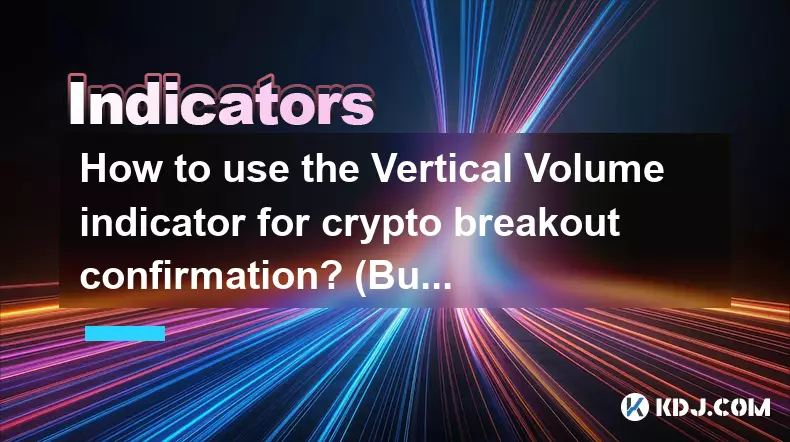
How to use the Vertical Volume indicator for crypto breakout confirmation? (Buying Pressure)
Feb 05,2026 at 04:19am
Understanding Vertical Volume in Crypto Markets1. Vertical Volume displays the total traded volume at specific price levels on a chart, visualized as ...
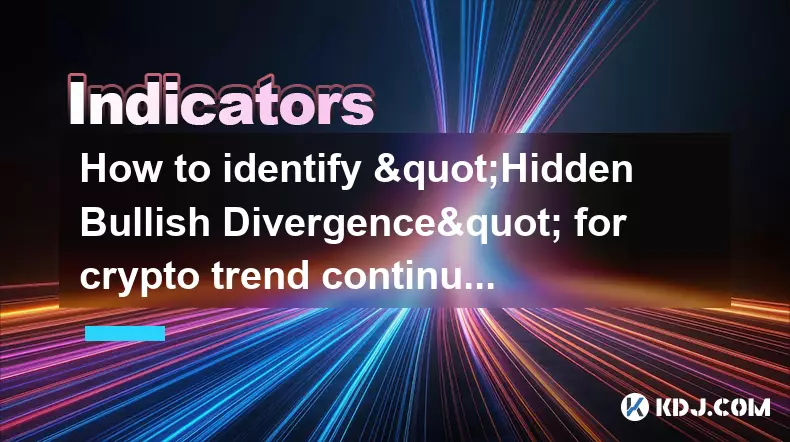
How to identify "Hidden Bullish Divergence" for crypto trend continuation? (RSI Guide)
Feb 04,2026 at 05:19pm
Understanding Hidden Bullish Divergence1. Hidden bullish divergence occurs when price forms a higher low while the RSI forms a lower low — signaling u...
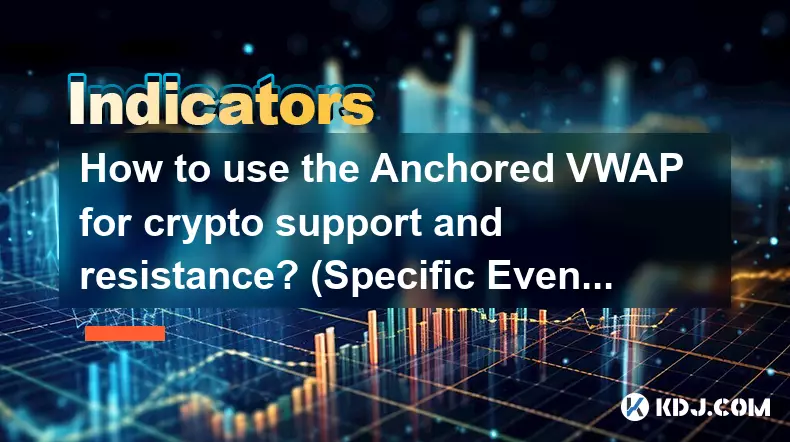
How to use the Anchored VWAP for crypto support and resistance? (Specific Events)
Feb 05,2026 at 01:39am
Anchored VWAP Basics in Crypto Markets1. Anchored Volume Weighted Average Price (VWAP) is a dynamic benchmark that calculates the average price of an ...
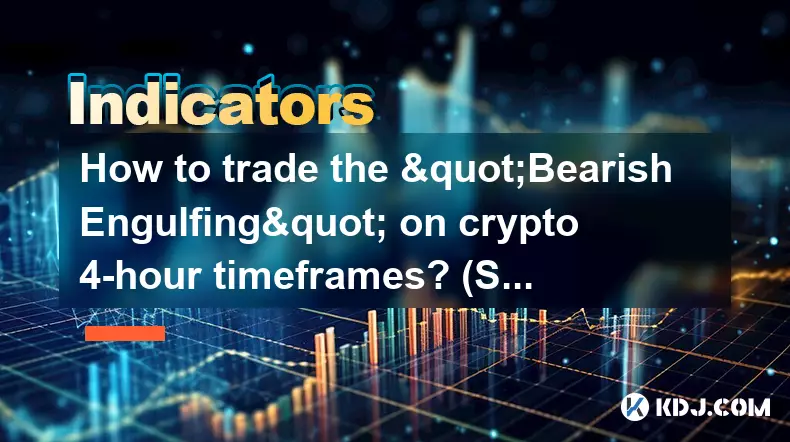
How to trade the "Bearish Engulfing" on crypto 4-hour timeframes? (Short Setup)
Feb 04,2026 at 09:19pm
Bearish Engulfing Pattern Recognition1. A Bearish Engulfing forms when a small bullish candle is immediately followed by a larger bearish candle whose...
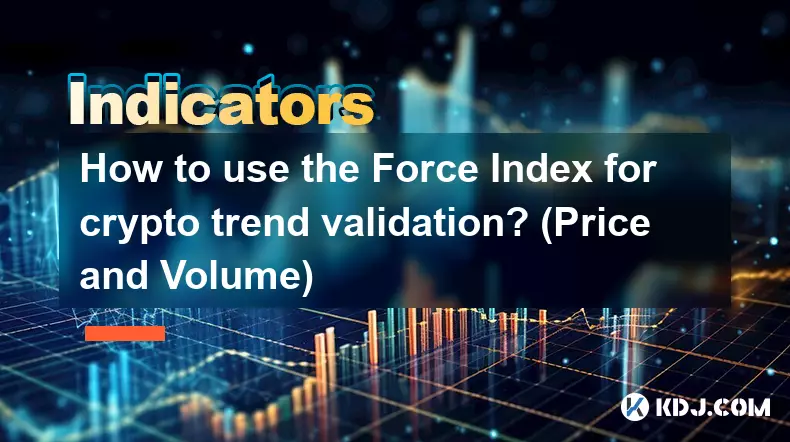
How to use the Force Index for crypto trend validation? (Price and Volume)
Feb 04,2026 at 10:40pm
Understanding the Force Index Fundamentals1. The Force Index measures the power behind price movements by combining price change and trading volume in...
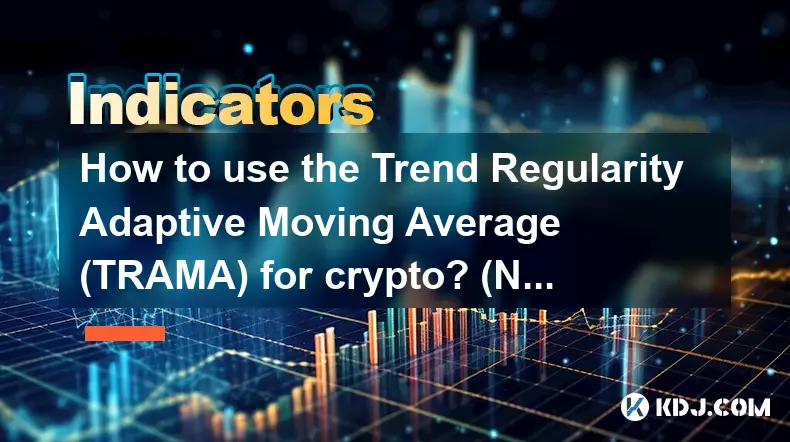
How to use the Trend Regularity Adaptive Moving Average (TRAMA) for crypto? (Noise Filter)
Feb 04,2026 at 07:39pm
Understanding TRAMA Fundamentals1. TRAMA is a dynamic moving average designed to adapt to changing market volatility and trend strength in cryptocurre...

How to use the Vertical Volume indicator for crypto breakout confirmation? (Buying Pressure)
Feb 05,2026 at 04:19am
Understanding Vertical Volume in Crypto Markets1. Vertical Volume displays the total traded volume at specific price levels on a chart, visualized as ...

How to identify "Hidden Bullish Divergence" for crypto trend continuation? (RSI Guide)
Feb 04,2026 at 05:19pm
Understanding Hidden Bullish Divergence1. Hidden bullish divergence occurs when price forms a higher low while the RSI forms a lower low — signaling u...

How to use the Anchored VWAP for crypto support and resistance? (Specific Events)
Feb 05,2026 at 01:39am
Anchored VWAP Basics in Crypto Markets1. Anchored Volume Weighted Average Price (VWAP) is a dynamic benchmark that calculates the average price of an ...

How to trade the "Bearish Engulfing" on crypto 4-hour timeframes? (Short Setup)
Feb 04,2026 at 09:19pm
Bearish Engulfing Pattern Recognition1. A Bearish Engulfing forms when a small bullish candle is immediately followed by a larger bearish candle whose...

How to use the Force Index for crypto trend validation? (Price and Volume)
Feb 04,2026 at 10:40pm
Understanding the Force Index Fundamentals1. The Force Index measures the power behind price movements by combining price change and trading volume in...

How to use the Trend Regularity Adaptive Moving Average (TRAMA) for crypto? (Noise Filter)
Feb 04,2026 at 07:39pm
Understanding TRAMA Fundamentals1. TRAMA is a dynamic moving average designed to adapt to changing market volatility and trend strength in cryptocurre...
See all articles























![KING vs PAINIFY😳 (1v1 ZONEWARS) [FORTNITE TOKEN/WAGER] KING vs PAINIFY😳 (1v1 ZONEWARS) [FORTNITE TOKEN/WAGER]](/uploads/2026/02/05/cryptocurrencies-news/videos/origin_6984035326d58_image_500_375.webp)
![2/4 [U.S. Hot Search] CIA: Xi Jinping is a paranoid | Xi Jinping’s two phone calls | Shandong’s “Internet-addicted” teenagers rebelled against tyranny | A direct attack on the Chengdu hacker national team | Why GDP must grow by 5% | The bridge under construction by the China Railway 12th Bureau collapsed | Thousands of billions of dollars spent abroad and thirty billion domestic subsidies | 2/4 [U.S. Hot Search] CIA: Xi Jinping is a paranoid | Xi Jinping’s two phone calls | Shandong’s “Internet-addicted” teenagers rebelled against tyranny | A direct attack on the Chengdu hacker national team | Why GDP must grow by 5% | The bridge under construction by the China Railway 12th Bureau collapsed | Thousands of billions of dollars spent abroad and thirty billion domestic subsidies |](/uploads/2026/02/05/cryptocurrencies-news/videos/origin_69840a757417b_image_500_375.webp)

















































